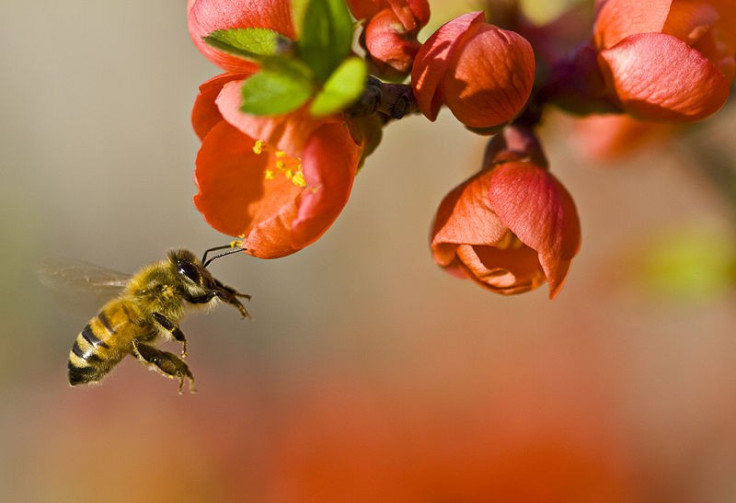Pesticides Affecting Bird Populations: More Silent Springs in the Offing

A latest research published in Nature magazine has produced compelling evidence, which suggests that a widely used class of insecticides is causing population declines in 14 species of birds.
The insecticides, which are known as neonicotinoids, are believed to be harmful to bees and other pollinators.
According to scientists from Radboud University in Nijmegen and the Dutch Centre for Field Ornithology and Birdlife Netherlands (SOVON), bird populations tended to decline by an average of 3.5% annually in areas where water contained high concentrations of imidacloprid, a common neonicotinoid pesticide. Their study was based on the comparison of long-term data sets for both farmland bird populations and chemical concentrations in surface water.
"I think we are the first to show that this insecticide may have wide-scale, significant effects on our environment," said Hans de Kroon, an expert on population dynamics at Radboud University and one of the authors of the paper.
However, Bayer CropScience, the primary manufacturer of imidacloprid, defends the use of neonicotinoids. In a statement, the company says: "Neonicotinoids have gone through an extensive risk assessment which has shown that they are safe to the environment when used responsibly according to the label instructions."
Meanwhile, The Task Force on Systemic Pesticides, which is an independent group that just completed a review of over 800 scientific studies on the effects of neonicotinoids on wildlife, further corroborates the findings of the Nature study.
The group, which constitutes of 29 multidisciplinary scientists, recently released its landmark report titled Worldwide Integrated Assessment of the Impact of Systemic Pesticides on Biodiversity and Ecosystems.
Overall, the scientists concluded that even when neonicotinoids were used according to the guidelines on their labels and applied as intended, the chemicals' levels in the environment still frequently exceeded the lowest levels known to be dangerous for a wide range of species—and were "thus likely to have a wide range of negative biological and ecological impacts."
Back in 1962, Rachel Carson's Silent Spring came as the first warning against the direct link between pesticides and silencing of birds.
Ruud Foppen, an ornithologist at SOVON and co-author of the Nature paper, says that while Carson battled against a totally different kind of chemicals (organophosphates like DDT), the effects now seen are very much the same.
Scientists refer to neonicotinoids as "systemic" pesticides because they affect the whole plant rather than a single part. In the past 20 years, neonicotinoids have become the fastest growing class of pesticides. They are extremely popular among farmers because they are effective in killing pests and are easy to apply.
Farmers buy seeds that come preloaded with neonicotinoid coatings and as the pre-treated seed grows, it incorporates the insecticide into every bud and branch, effectively turning the plant itself into a pest-killing machine. The pesticide's top-to-bottom coverage ensures that the plant's flowers, pollen and nectar are all poisonous. Neonicotinoids can persist in the soil for years.
The Nature paper shows strong evidence that neonicotinoids are dangerous even if not ingested. The study looked at population statistics for over a dozen species of birds common to farmlands in the Netherlands. Most of these species are dependent on insects for all or part of their diet, while some feed on seeds and grains.
Studies have shown that while neonicotinoids are commonly considered to be safer for mammals and birds than for insects, they can still be lethal in higher doses. And the best way to get a concentrated dose of neonicotinoids is to eat seeds coated with them.
The second way neonicotinoids affect birds is by eliminating their food sources, viz. flies, grasshoppers, stinkbugs, and caterpillars.
While the study shows a correlation between high concentrations of neonicotinoids and declining bird populations, it doesn't claim that the pesticides are a direct cause of the decrease.
© Copyright IBTimes 2025. All rights reserved.





















